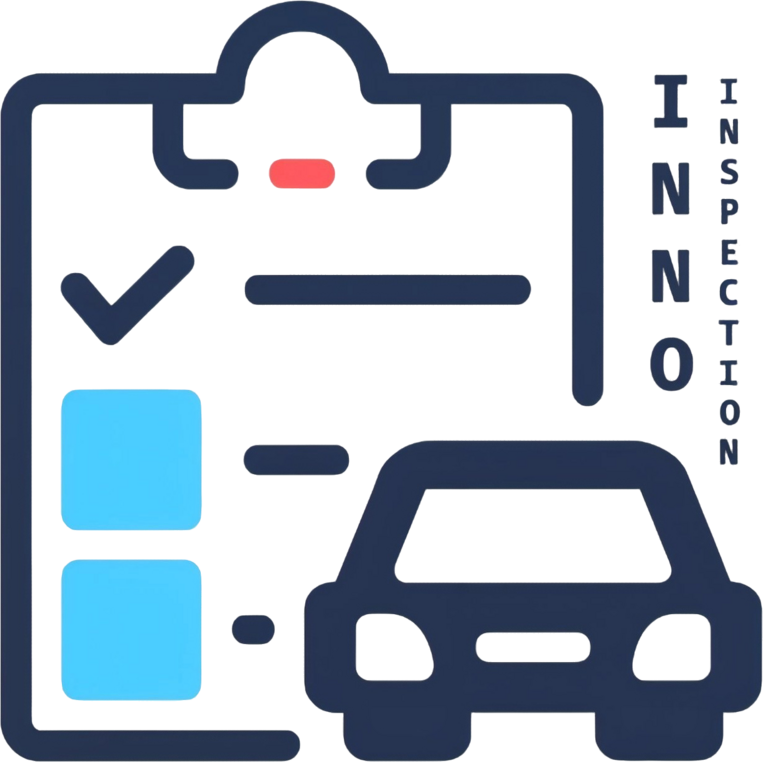The Rise of Telematics
Telematics combines telecommunications and monitoring systems. It allows fleet managers to track vehicles in real-time, providing valuable insights into location, speed, and fuel consumption.
What gets measured gets managed. – Peter Drucker
This real-time data enables quicker decision-making and enhances overall fleet visibility.
GPS Tracking
GPS tracking has become an industry standard. It not only helps in route optimization but also aids in theft recovery. If a vehicle goes off-route, alerts can be sent immediately.
This level of control can drastically reduce losses and improve customer satisfaction through more accurate delivery times.
Mobile Apps for Drivers
Mobile technology is also empowering drivers. Fleet management apps allow drivers to access route information, report issues, and communicate with dispatch seamlessly.
Technology is best when it brings people together. – Matt Mullenweg
This connectivity fosters a collaborative environment and enhances operational efficiency.
Automation and AI
Automation is another area where technology is making waves. Artificial intelligence can analyze vast amounts of data quickly, identifying patterns that human managers might overlook.
From automating routine tasks to optimizing fuel consumption, AI is set to revolutionize fleet operations.
The Future of Fleet Management
Looking ahead, the integration of electric vehicles (EVs) and autonomous driving technology will further transform the landscape.
The future is not something we enter. The future is something we create. – Leonard I. Sweet
As fleets adapt to these changes, technology will be at the forefront, helping to drive efficiency and sustainability.
Conclusion
In summary, technology is reshaping fleet management in exciting ways. From telematics and GPS to mobile apps and AI, the tools available today empower fleet managers to operate more efficiently and effectively. Embracing these technologies will be crucial for future success.







